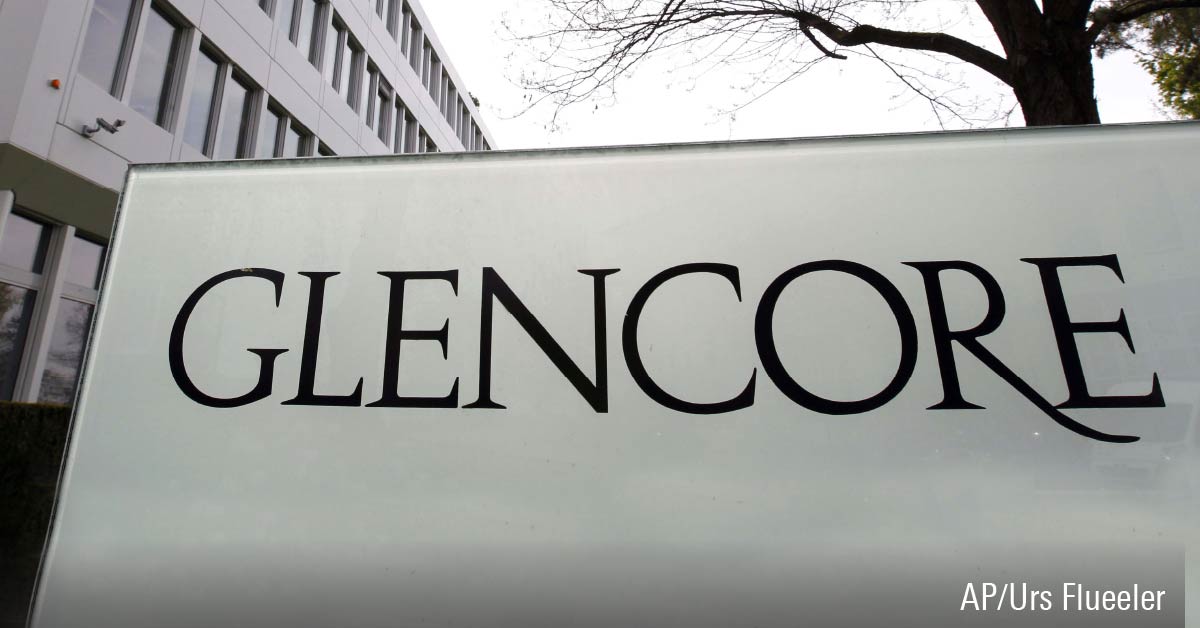Glencore Earnings: Down but Still Strong, Driven by Lower Coal Prices, Reduced Marketing Revenue

No-moat Glencore’s GLEN 2023 first half profit fell by roughly 60% compared with the first six months of 2022, but broadly met our expectations. Adjusted EBITDA of USD 9.4 billion was down 50% on last year driven by lower thermal coal prices, reduced sales volumes, and higher unit cash costs in its industrials business and reduced marketing earnings. The latter was due to lower commodity price volatility and as supply chains normalize in the wake of the Russia-Ukraine war. Glencore’s balance sheet remains strong with minimal net debt after netting out debt secured by highly liquid commodity marketing inventories.
We retain our fair value estimate for Glencore of GBX 510 per share. Its shares trade at around a 13% discount to fair value, which we think likely reflects some investor aversion to coal. While Glencore is among the most diversified of the large global miners, most operations aren’t low-cost and China is the key demand driver of most of the commodities it mines. Driven by lower thermal coal prices and reduced marketing earnings, we forecast midcycle EBITDA from 2027 of about USD 12.5 billion, down from roughly USD 18 billion in 2023. The industrials division accounts for about 80% of our forecast and, of that, roughly 40% comes from copper, 25% from coal and 15% from zinc, with nickel, ferroalloys, and oil the remainder.
Its marketing division, which profits from arbitrage opportunities and supply chain activities, is less sensitive to the direction of commodity prices and provides some diversification. Standalone, we’d likely consider the business moatworthy. Deep pools of commodity suppliers and customer demand allows Glencore to efficiently match the two while taking a small but very profitable margin. We forecast marketing EBITDA margins to fall to about 1.4% midcycle from 2027, down from a highly elevated 3.4% in 2022, driven by lower price volatility and fewer trade disruptions.
The author or authors do not own shares in any securities mentioned in this article. Find out about Morningstar’s editorial policies.


/cloudfront-us-east-1.images.arcpublishing.com/morningstar/PJQ2TFVCOFACVODYK7FJ2Q3J2U.png)
/cloudfront-us-east-1.images.arcpublishing.com/morningstar/K36BSDXY2RAXNMH6G5XT7YIXMU.png)
/cloudfront-us-east-1.images.arcpublishing.com/morningstar/Z34F22E3RZCQRDSGXVDDKA7FGQ.png)